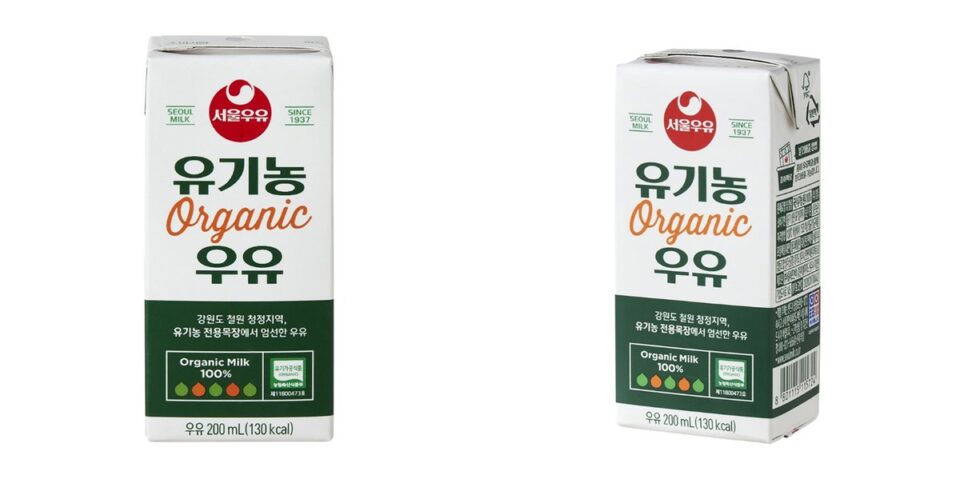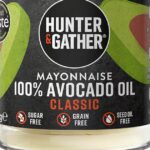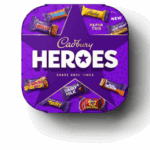In a groundbreaking initiative to enhance sustainability in food and drink packaging, Seoul Dairy Cooperative (SDC), the leading milk producer in Korea, has pioneered the introduction of aluminum-layer-free full barrier aseptic carton packs. These innovative packs are officially recognized as recyclable under Korea’s recyclability grading system. SDC’s first offering will be organic white milk presented in SIG Terra Alu-free + Full barrier packaging. This advancement, developed by SIG, represents the world’s first full-barrier aseptic carton material devoid of an aluminum layer, while still delivering the same protective qualities and an impressive shelf life of up to 12 months.
The environmental advantages are significant. Although aluminum constitutes only approximately 5% of a standard aseptic carton’s weight, it is responsible for nearly 25% of its carbon footprint. By removing the aluminum layer, SDC substantially minimizes environmental impact and simplifies recycling processes. Under current environmental regulations, SDC’s new packaging has achieved an official recyclable label. These aseptic cartons are the first in Korea to be granted a recyclable grade, allowing them to be collected and recycled alongside chilled gable top cartons, which currently enjoy a 10-fold higher recycling rate compared to conventional aseptic cartons in Korea.
“Seoul Dairy has always delivered the best products to Korean families under our philosophy of Making the World healthier with Milk, and that commitment extends to the way we protect our environment,” stated Jinsup Moon, President & CEO at Seoul Dairy Cooperative. “By adopting SIG Terra Alu-free + Full barrier, we are making a significant stride toward improving recycling capabilities and supporting Korea’s circular economy.”
Traditional aseptic cartons consist of three materials – paper, polymers, and an aluminum layer – designed to ensure full-barrier protection and extended shelf life without refrigeration. The SIG Terra Alu-free + Full barrier material replaces the aluminum layer with an ultra-thin polymer layer, streamlining the packaging composition from three to just two primary raw materials: FSCTM-certified paperboard and polymers. This optimized design retains full-barrier protection and seamlessly integrates with South Korea’s current recycling systems.
“This is more than just an incremental improvement – it’s a game-changer for the industry,” remarked Hans Cho, Country Manager at SIG Korea. “SIG Terra Alu-free + Full barrier can be efficiently processed on existing SIG carton filling lines, achieving high speeds of up to 24,000 packs per hour for small-size cartons, with only minimal, cost-effective adjustments. It serves as a plug-and-play solution for beverage producers aiming to future-proof their packaging while adhering to sustainability standards without sacrificing product quality or operational efficiency.”
As a trailblazer in the industry, SIG first introduced aluminum-layer-free packaging for aseptic cartons in 2010 with SIG Terra Alu-free. Since then, the company has sold over 4 billion packs featuring this innovative design. Leveraging its extensive expertise in alu-layer-free structures, SIG has progressively expanded its aluminum-layer-free aseptic carton portfolio, further reducing the already low carbon footprint of standard SIG aseptic cartons.
With SIG Terra Alu-free + Full barrier, SIG has broadened its alu-layer-free options for oxygen-sensitive products, including fruit juices, nectars, flavored milk, and plant-based beverages. With sales surpassing 400 million packs since 2023, SIG Terra Alu-free + Full barrier has demonstrated its scalability and market readiness. Its launch in Korea enables brands to distinguish themselves through visible sustainability advances, swiftly adapting to evolving consumer and regulatory demands without compromising on barrier performance, product safety, or shelf life.
SIG Terra Alu-free + Full barrier represents a major milestone toward SIG’s objective of developing an aluminum-layer-free full-barrier aseptic carton comprising at least 90% paper content – encompassing the closure – by 2030.
For more information, visit www.sig.biz.




